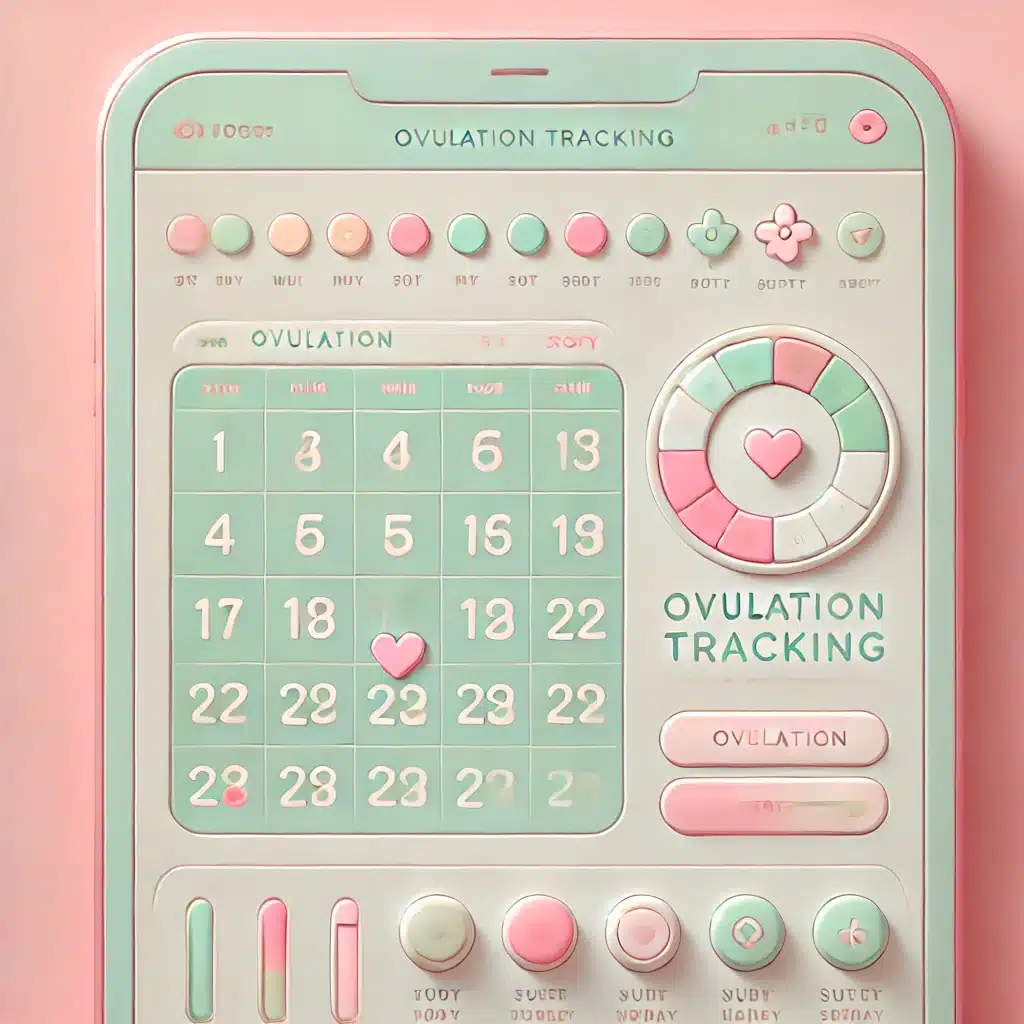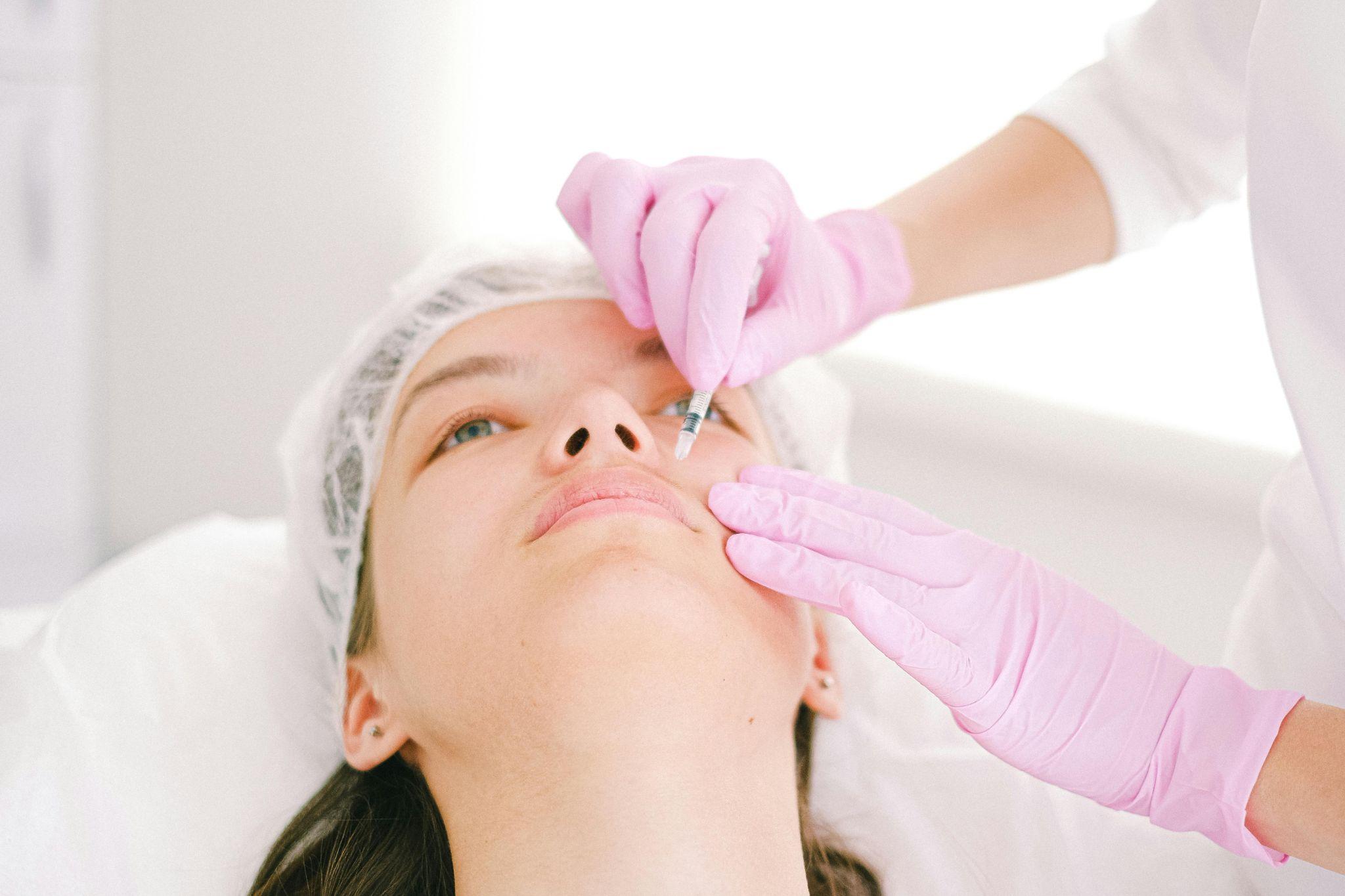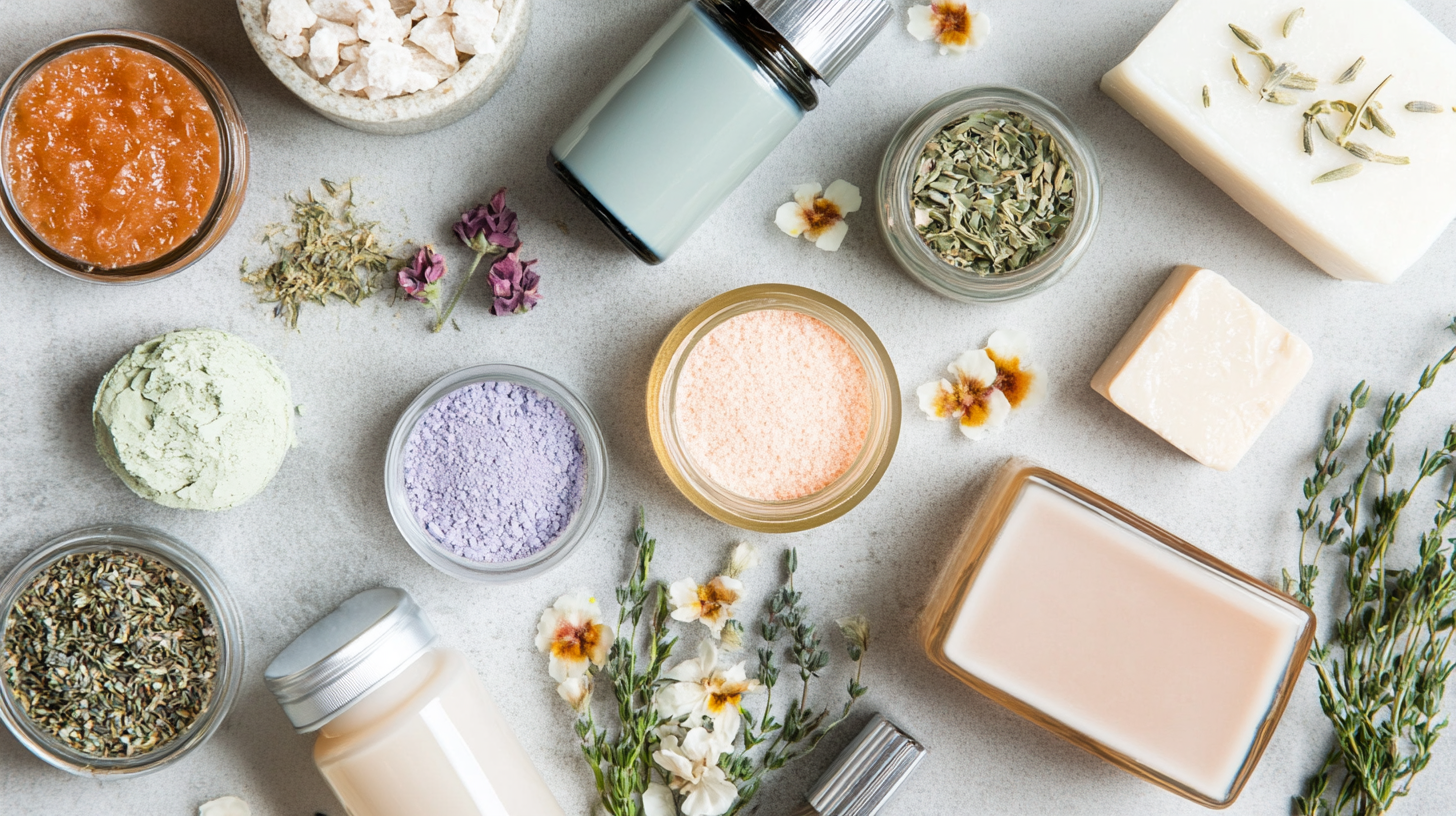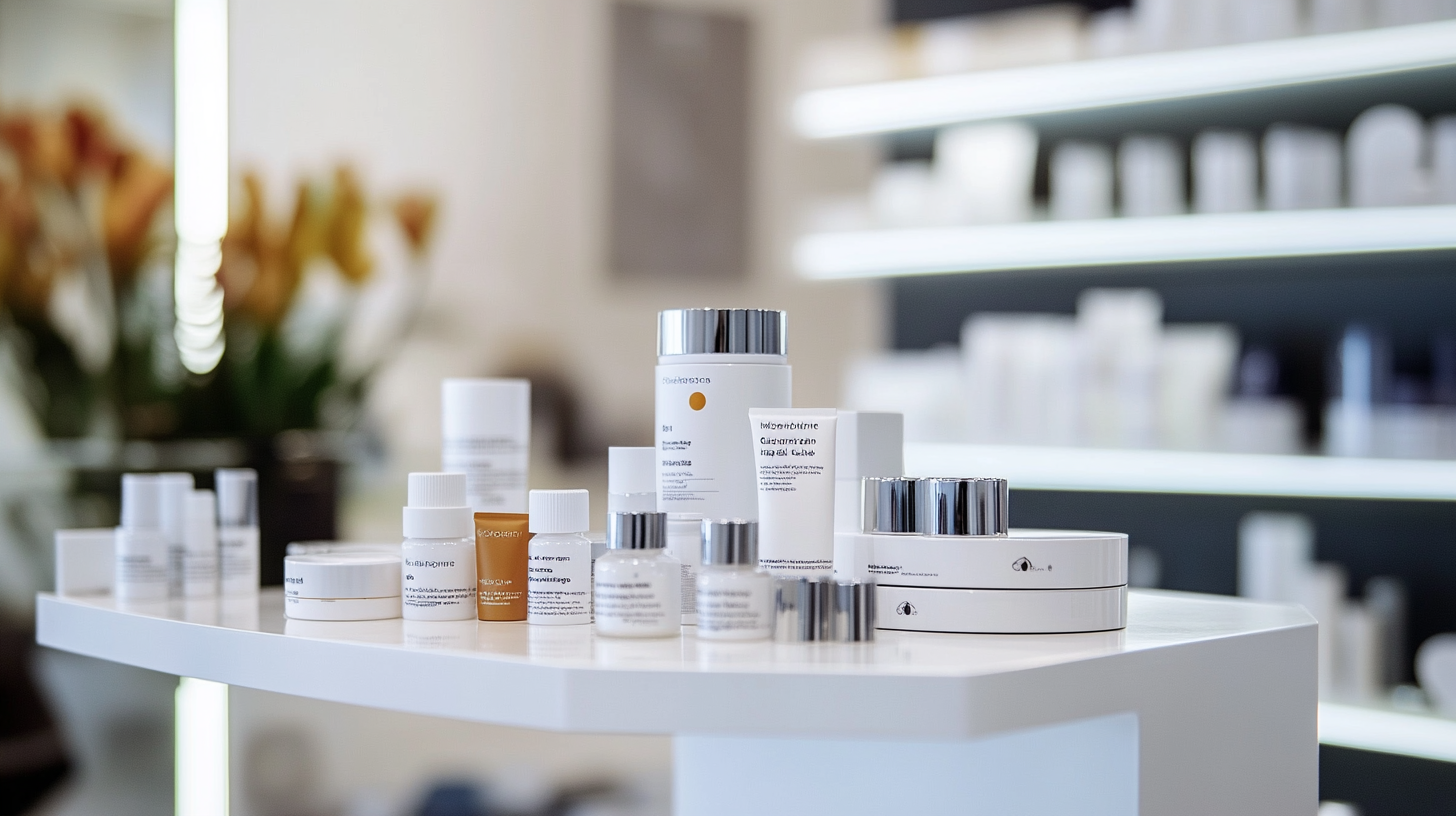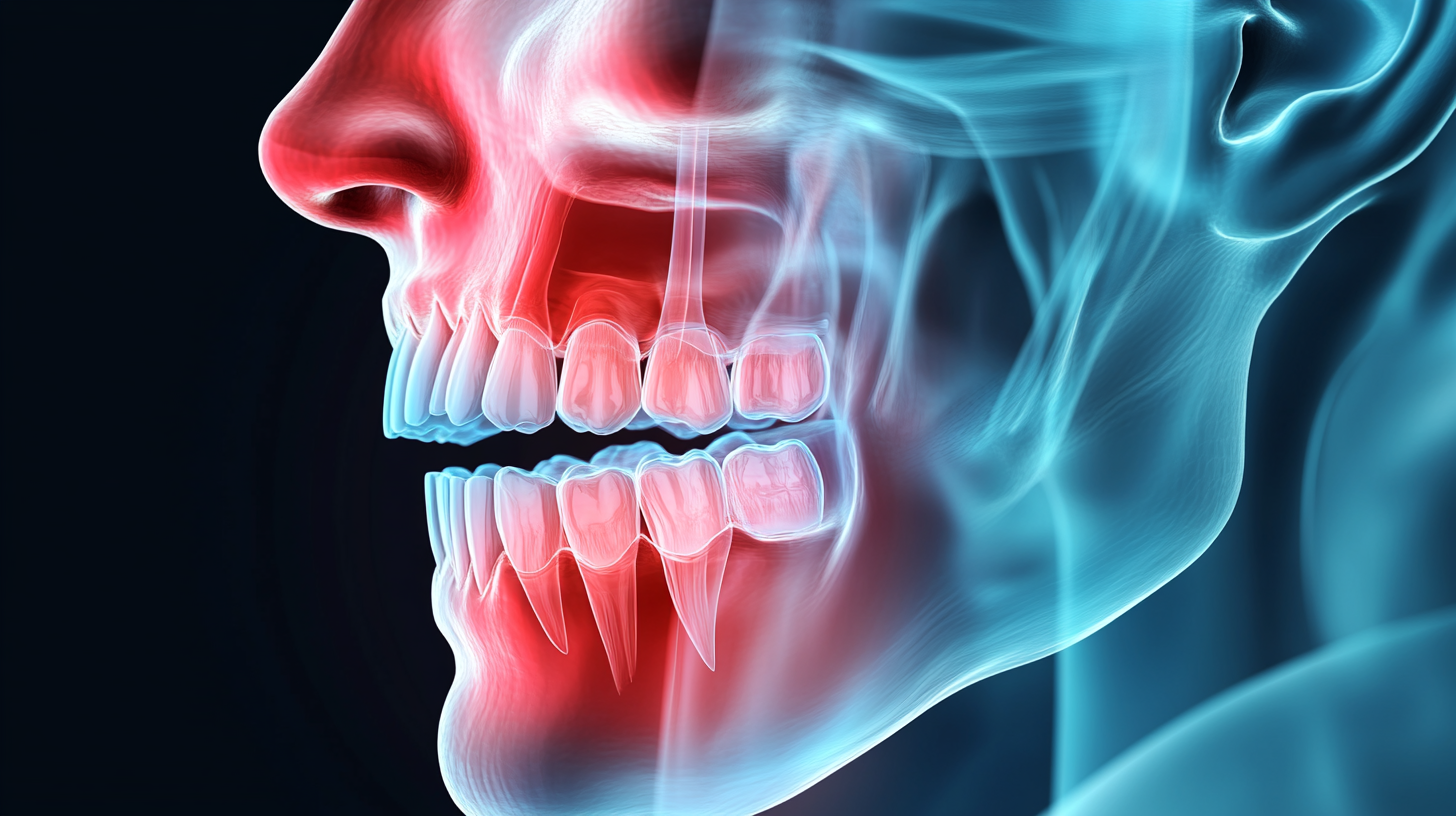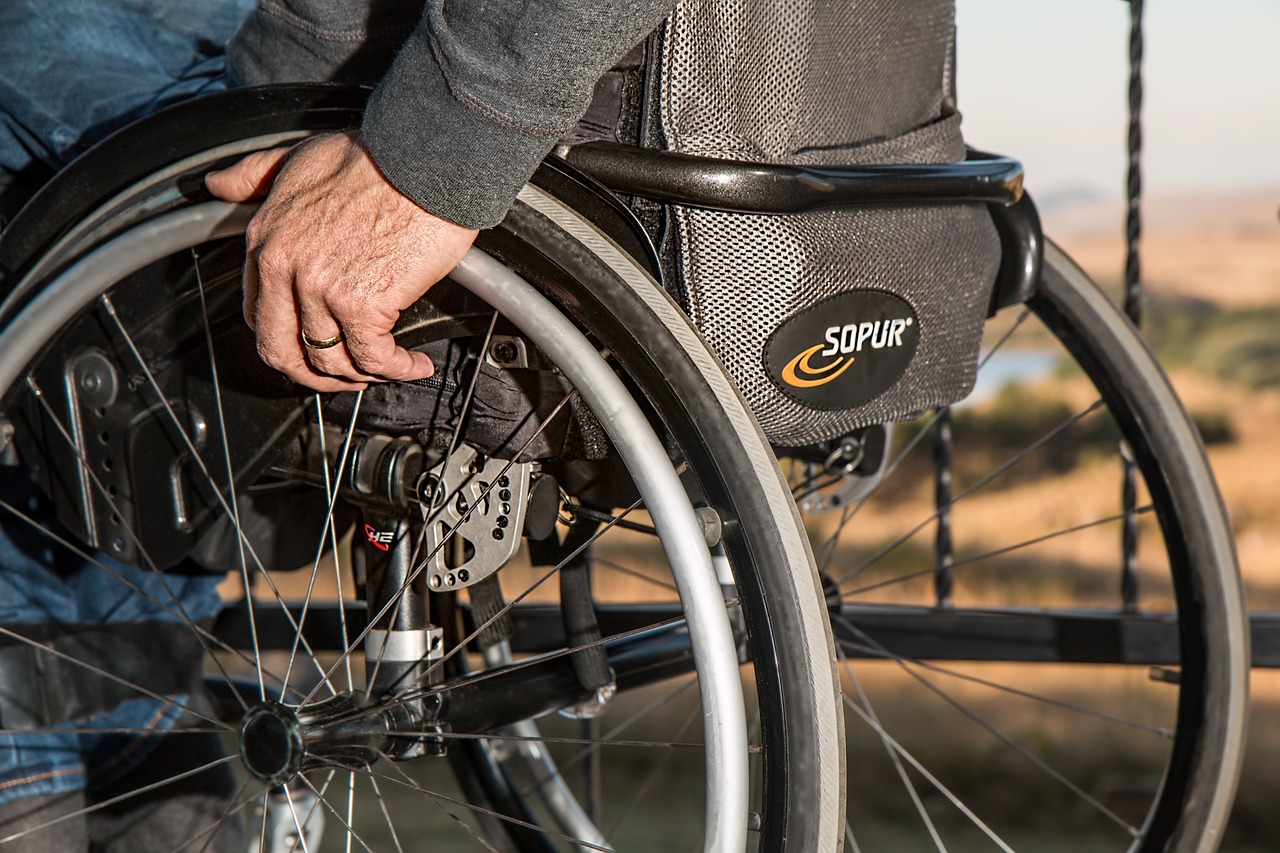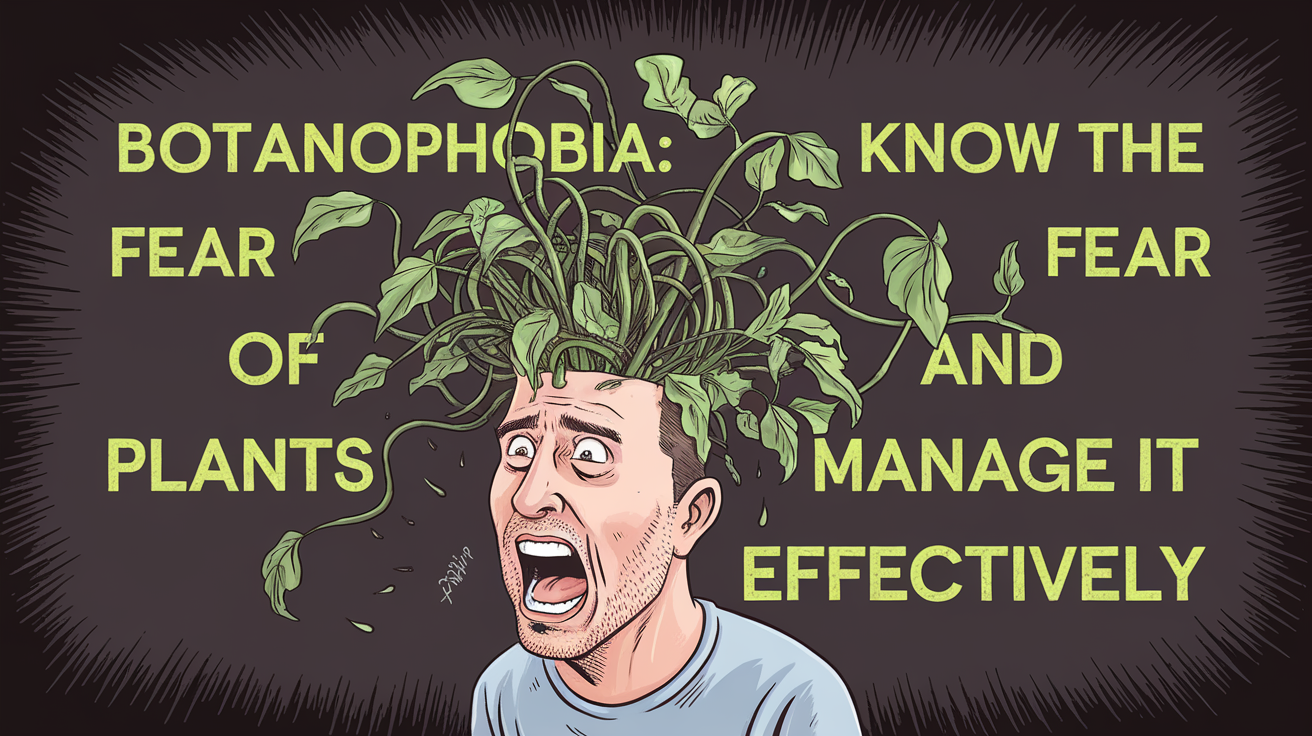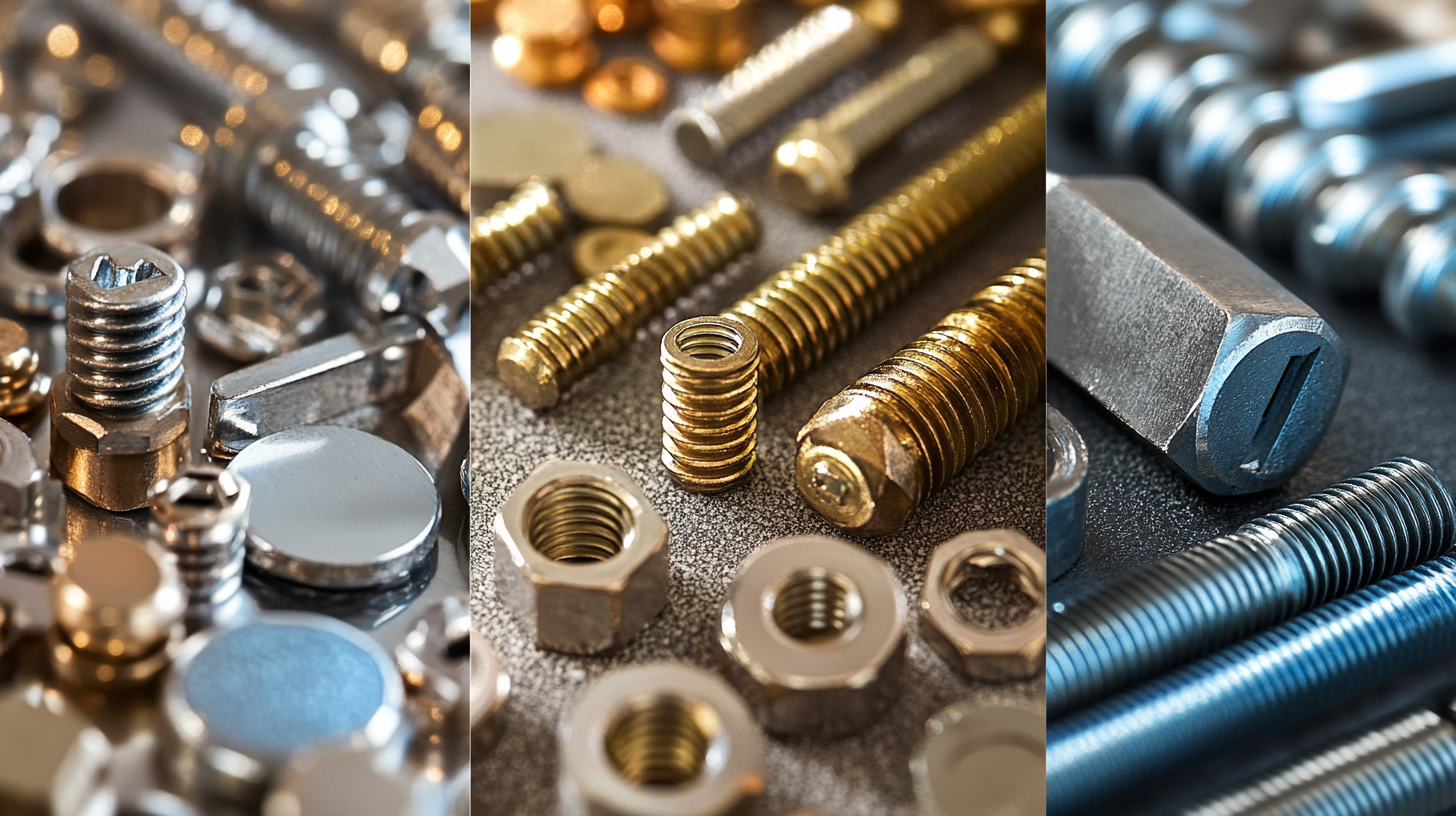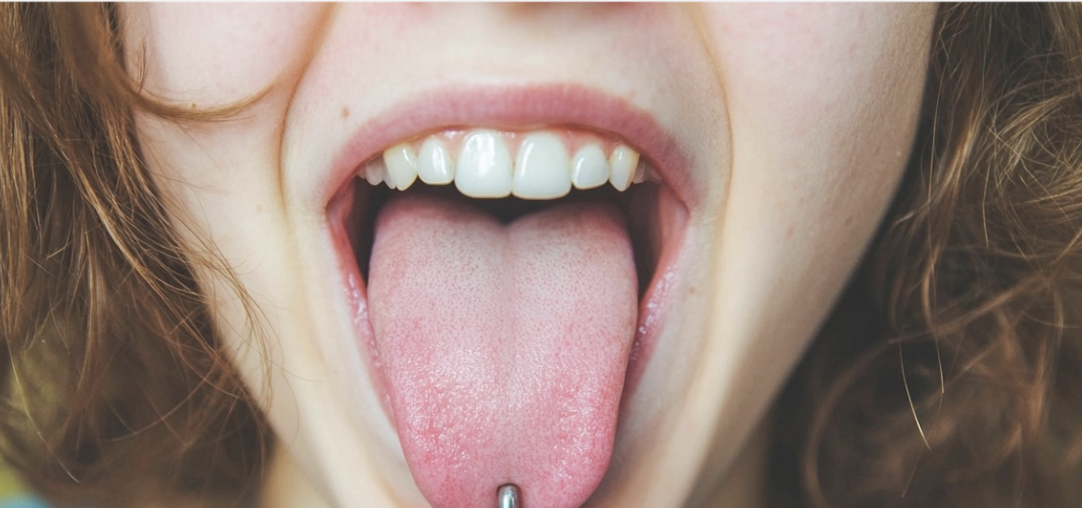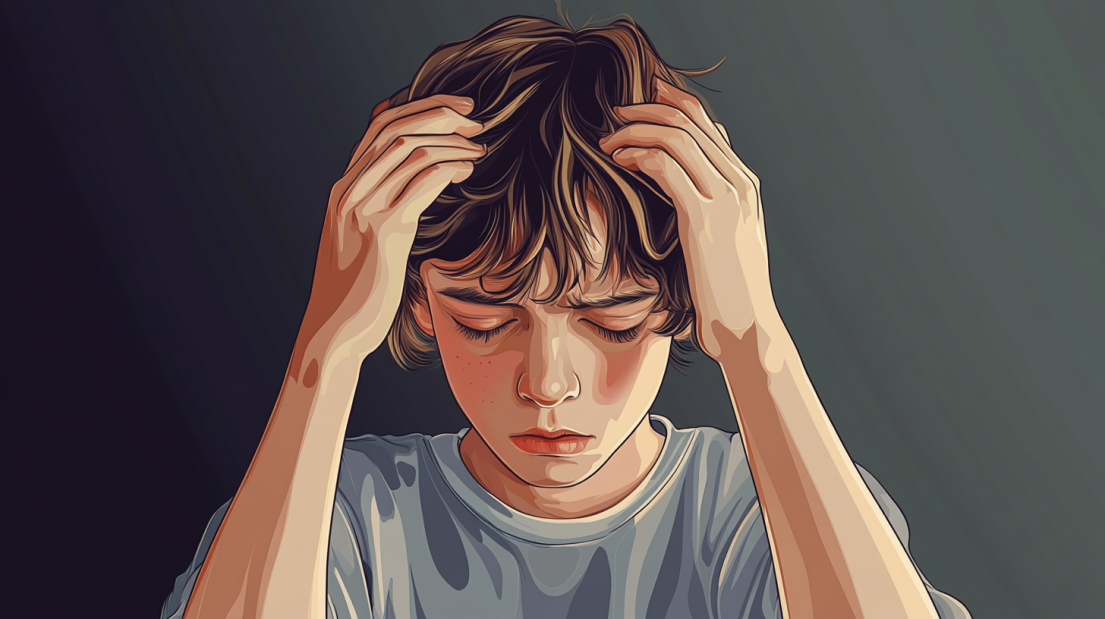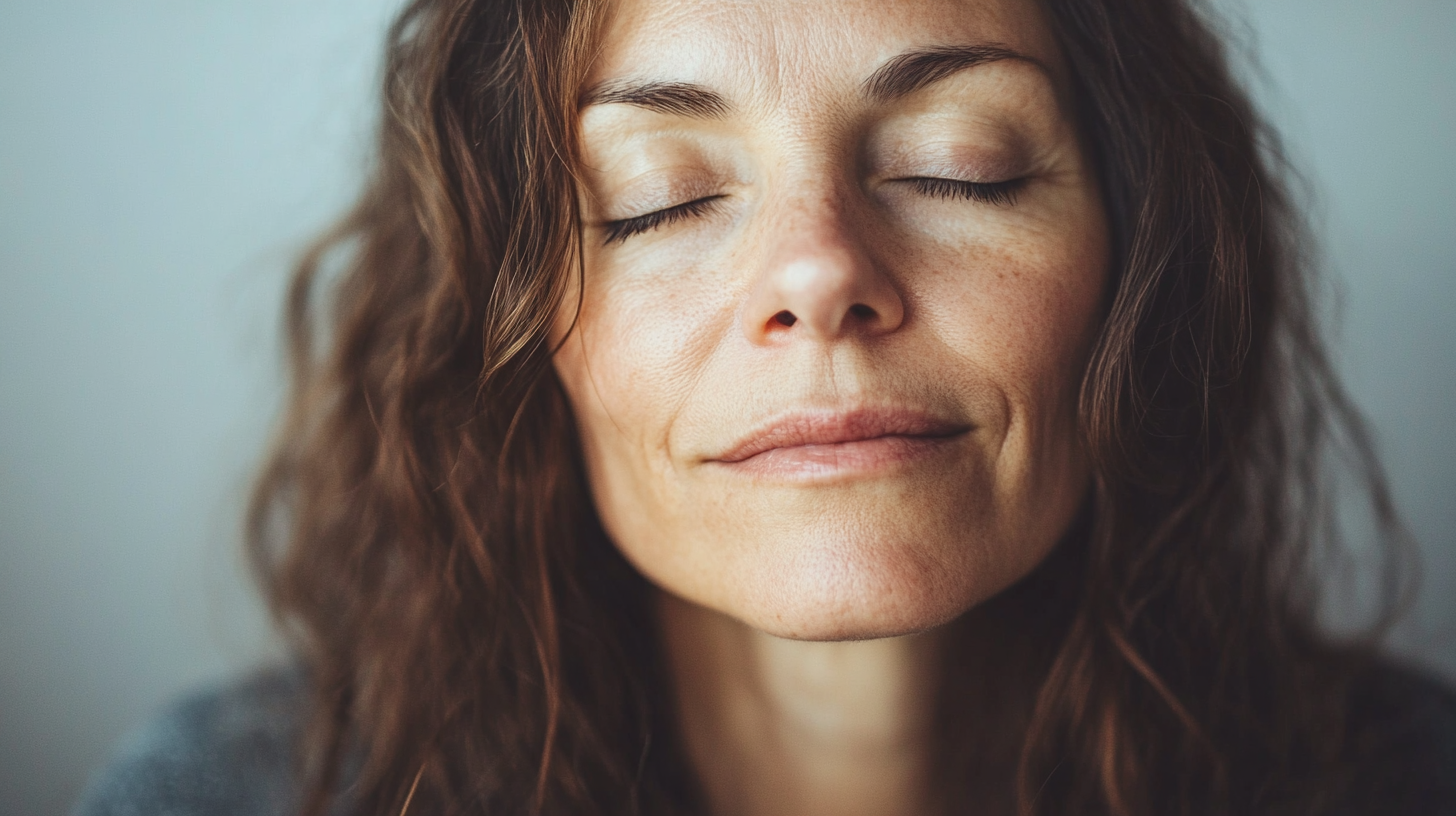
Perimenopause is the period before menopause when a woman ceases to have a menstrual cycle for a continuous 12 months.
Even though perimenopause is a natural process, it can lead to disruptive physical and mental symptoms. Menstrual period variations or irregularities are extremely common. Additional signs could consist of hot flashes, insomnia, vaginal dryness, painful intercourse, mood changes, decreased sex drive, and other indicators.
Taking care of oneself and using nonhormonal methods can work for certain individuals, while hormone therapy may be helpful for others. This article examines different treatment methods, such as self-care, nonhormonal and hormonal drugs, herbs, and supplements.
Treatment options for physical symptoms during the perimenopausal stage.
While going through perimenopause, hormonal changes may lead to negative physical symptoms such as alterations in menstrual cycle duration, vasomotor issues, sleep disturbances, and vaginal transformations. Consult a healthcare provider to explore potential treatment options for managing these physical effects of perimenopause.
Hormones Treatment
A healthcare professional might recommend a low-dose hormonal birth control or hormone replacement therapy (HRT) to assist in addressing different symptoms. Estrogen pill, progesterone, or a mix of both are the key components in these medications. They could be in the form of pills, sprays, patches, implanted devices, or injections.
Nonhormonal OTC Medications
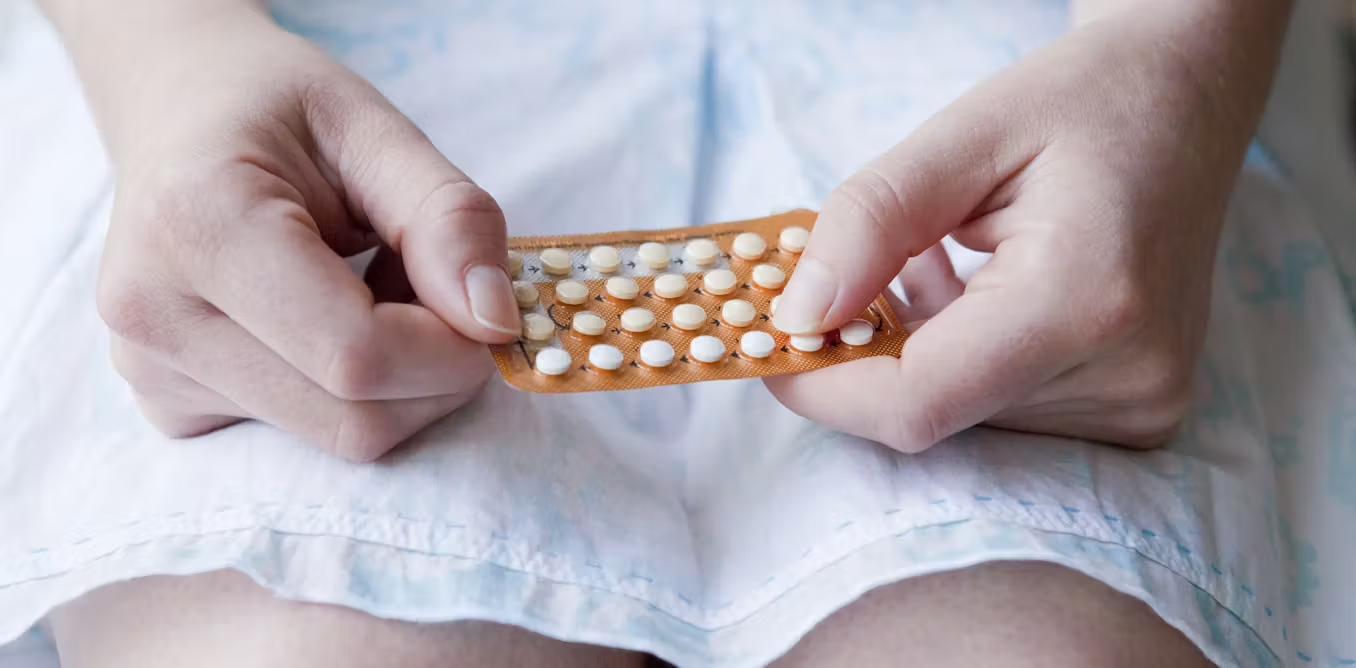
Advil, Motrin (ibuprofen), Aleve (naproxen), or Tylenol (acetaminophen) can alleviate menstrual cramps, while antihistamines like Benadryl (diphenhydramine) or Unisom (doxylamine) have sedative properties that aid in sleep issues.
Nonhormonal Prescription Medications
Some prescription medications that are not hormonal can alleviate some of the physical symptoms of perimenopause.
- Neurontin (gabapentin) and Lyrica (pregabalin) are mainly used for seizures and nerve pain, but they may also provide relief for hot flashes and enhance sleep.
- Ditropan and Oxytrol (oxybutynin) may be beneficial in controlling hot flashes, night sweats, and urinary issues.
- Effexor (venlafaxine): A medication for treating hot flashes that also has antidepressant properties.
- Catapres (clonidine) is mainly used for high blood pressure, but can also be beneficial for alleviating hot flashes.
- Originally developed to treat arthritis, Ponstel (mefenamic acid) is also effective in relieving menstrual cramping and back pain.
- Veozah (fezolinetant): A more recent drug that helps with hot flashes by modifying the brain pathway responsible for controlling temperature
- Ambien (Zolpidem), Zimovane (zopiclone), and Sonata (zaleplon) are medications used to address insomnia.
Vaginal Moisturizers and Lubricants
Products like Replens, K-Y jelly, and Astroglide provide temporary relief from vaginal dryness and discomfort during sex.
Pelvic floor physical therapy
Pelvic floor physical therapy uses exercises like Kegels and biofeedback to alleviate symptoms such as painful intercourse and urinary incontinence.
Treatment for the mental symptoms of perimenopause
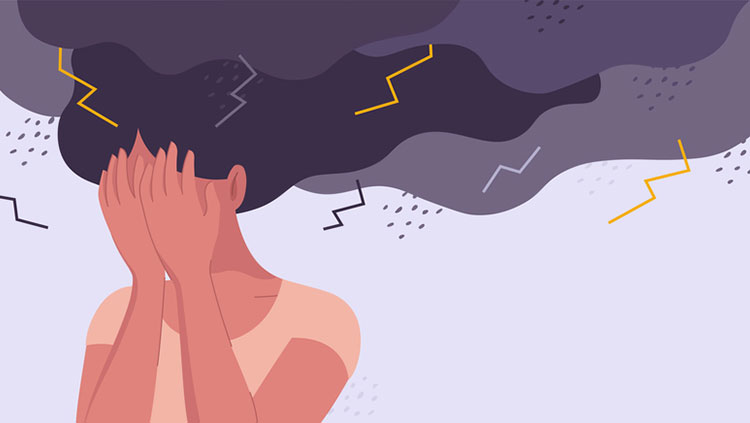
During perimenopause, women may experience mental and emotional changes like mood swings, anxiety, depression, and decreased cognitive function (memory lapses, mental fogginess).
Therapeutic methods like cognitive behavioral therapy (CBT) and hypnotherapy can assist in handling mental or emotional shifts, building coping mechanisms, enhancing self-care, and dealing with underlying psychological issues. Self-hypnosis is a frequently used method by individuals dealing with sleep issues.
At times, a healthcare professional may recommend antidepressants to assist in controlling mood swings and hot flashes.
Self-care as a treatment for perimenopause.
These self-care practices are natural methods to alleviate or control symptoms of perimenopause.
Sleep
A proper sleep routine involves keeping a steady sleep schedule, implementing a calming bedtime ritual, and ensuring your bedroom is cool and cozy. It is also beneficial to steer clear of caffeine, nicotine, and alcohol before going to bed (at least four to six hours prior). Using breathable bedding and wearing moisture-wicking sleepwear can assist in preventing or controlling night sweats.
Relaxation techniques
Practices like deep breathing, acupuncture, meditation, or yoga can decrease stress levels and enhance mood. Acupuncture can also be beneficial for treating insomnia.
Consume a healthy diet
Eating a diet rich in nutrients can aid in hormone balance, reduce inflammation, control weight, reduce hot flashes, and support bone health. An eating plan rich in nutrients consists of fruits, vegetables, legumes, whole grains, lean proteins, and healthy fats. It also includes watching portion sizes and reducing intake of processed foods, salt, spicy foods, sugar, and caffeine.
Hydrate
Dehydration may exacerbate menstrual pain. Consume a minimum of 2 liters (67 ounces) of water per day and stay away from alcohol and caffeine. Also, drinking a glass of cold water can provide relief from hot flashes.
Physical activity
Engaging in consistent exercise enhances oxygen levels, improves blood flow, decreases inflammation, and raises levels of serotonin and endorphins, which are natural mood enhancers and pain relievers. It helps by:
- Improving your mood
- Enhancing the quality of your sleep
- Preserving muscle mass and bone durability
- Enhancing cardiovascular health
- Reducing occurrences of hot flashes
- Maintaining your weight at a healthy level
Cool packs and fans
A fan that is portable or can be held in your hand can provide relief from heat flashes. In warm weather, you can stay cool outdoors by also using cool packs.
Stop smoking
Smoking can lead to the narrowing of blood vessels, which can decrease blood flow to the uterus and exacerbate menstrual cramps. Smoking can also elevate the chances of experiencing side effects from hormone therapy.
Heat
Heat soothes muscles and promotes circulation. Putting a disposable heat patch, heating pad, or hot water bottle on the lower abdomen can alleviate cramps. Taking a warm bath is also effective in relaxing the body and reducing stress.
Creams and ointments
Topical treatments like gels, creams, ointments, or patches can be applied for relief from both back pain and menstrual cramping. Common examples include Icy Hot with methyl salicylate-menthol and Aspercreme with trolamine salicylate.
Aromatherapy
Utilizing essential oils like lavender, cedarwood, and bergamot can improve your sleep quality. Lavender might also assist in calming anxiety.
Herbal Remedies and Supplements
Although not typically the initial choice for perimenopause treatment, some research suggests that certain herbs could potentially assist in alleviating specific symptoms.
It is crucial to be cautious and consult your healthcare provider about supplements, vitamins, and herbs. Even though they are organic, they can:
- Interact with medications
- Have side effects
- Adversely impact individuals with specific medical issues.
- Do not have the same regulatory standards as prescription medications.
- Differ in quality, purity, and safety among different brands
- There is insufficient scientific proof to back up their efficacy and suggested amounts.








































